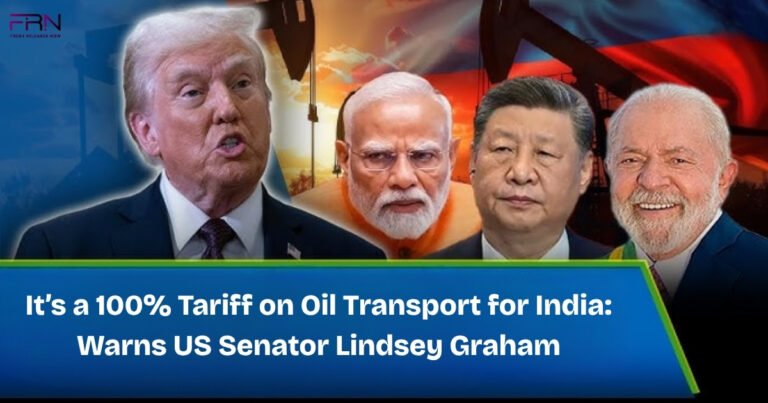
India is one of the major manufacturers of iPhones, assembling $22 billion worth in the past year. Additionally, the country is responsible for 20% of global iPhone production. However, the sudden decision of Foxconn (the electronic industry company), one of Apple’s long-time manufacturing partners, recalled its Chinese staff from Indian iPhone factories. The company also holds the largest share of iPhone production in India. Foxconn has not issued an official explanation for the decision. However, the industry analysts and insiders believe the decision is tied to deeper geopolitical factors. The article provides an in-depth look at what is driving the move and how it can affect Apple’s operations in India.
Chinese Staffs Leaving India
More than 300 Chinese staff, including engineers, manufacturers, and technical specialists, are recalled to China from Foxconn’s Indian operations. It mostly includes those residing in Tamil Nadu and Karnataka. The professionals were initially deployed to help ramp up production or implement advanced manufacturing processes for Apple. Sudden withdrawal has reportedly slowed down the critical parts of manufacturing.
As per Foxconn, the staff were recalled due to an internal decision. Yet, the hold of the situation predicts to have something more than corporate reshuffling. As per the sources, iPhone 17 is to be launched by September 2025. The information pins concern if Indian productions can meet Apple’s global supply commitments. Because a lack of employees results in slow and time-consuming production.
Apple’s Manufacturing Move to India
India has emerged as an essential component of Apple’s international manufacturing plan. In the financial year 2024-25, Apple manufactured around $14 billion worth of iPhones in India, which accounted for almost 20% of its worldwide production. With the assistance of India’s Production Linked Incentive (PLI) plan, Apple and its associates like Foxconn and Pegatron have increased investment throughout the country.
Foxconn is also in the process of building a large iPhone production plant close to Bengaluru, and it wants to ramp up to 100,000 units per month by the end of 2025. Most of this growth, however, depends on technical know-how and skilled manpower, especially in the initial stages of production. The abrupt loss of veteran Chinese personnel is a major challenge since Indian plants now have to depend more on Taiwanese engineers and the process of upskilling local talent over time.
Geopolitical Tensions and Strategic Concerns
The situation might trigger geopolitical tension between India and China, as well as between China and the United States. Because Apple is now facing increasing pressure to diversify their production away from China—where India has emerged as a key alternative. And it is clear that China is pushing back against this shift by restricting knowledge transfers and putting quiet pressure on companies like Foxconn to slow their overseas expansions.
The situation also enhances the risks for Apple as it navigates a complex global supply chain in an era of economic nationalism. Despite India offering incentives, low costs, and a vast labor pool, it lacks the manufacturing ecosystem. Unless the situation changes, Apple’s diversification strategy tends to remain vulnerable to geopolitical interference.
End Note
The manufacturing industry can deteriorate because of several reasons, where the number of employees plays an important role. Here, the sudden decision of Foxconn to recall its Chinese staff from Indian iPhone factories highlights the complex intersection of geopolitics and technology. It also highlights the border pushed by China to retain control over its manufacturing expertise. The situation is a challenge as well as an opportunity for India. Because the country is now in the verse to prove its ability to stand shoulder-to-shoulder with global manufacturing giants.



